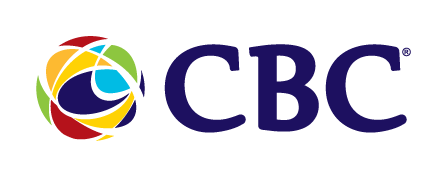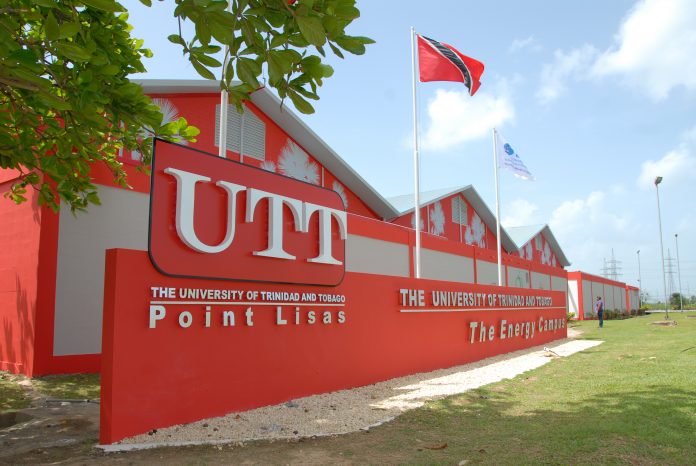The Trinidad and Tobago government Friday announced a significant decline in the number of scholarships to be awarded this year as well as changes to the Government Assistance for Tuition Expenses Programme (GATE).
Education Minister Dr Nyan Gadsby- Dolly told a news conference that no more than 100 scholarships will be awarded and GATE funding will be provided for no more than one programme up to the undergraduate level. She said funding for postgraduate programmes will be discontinued.
The Education Minister said the adjustments would allow for greater equity in the distribution of resources, given current financial constraints, and will focus assistance where it’s most needed.
The government said that it would offer no more than 10 (5 open and 5 additional) will be awarded in each of the 10 cognate groupings based on the performance of the top 10 students in that group with the scholarships based solely on academic achievement.
The 10 cognate groupings are Business Studies; Creative and Performing Studies; Environmental Studies; General Studies; Humanities; Information Communication and Technology Studies; Language Studies; Mathematics Natural Sciences and Technical Studies
In addition, students who have not been awarded a National Scholarship, and have attained at least eight units at Grades I and II, over a period not exceeding two consecutive years in Form 6 are eligible to apply for a National Bursary.
But these students must show evidence of having been accepted to an accredited/recognised local tertiary level institution or a regional campus of the University of the West Indies (UWI).
The government said that the amended National Scholarship and Bursary Programme will take effect immediately, based on the results of the 2020 Caribbean Advanced Proficiency Examination (CAPE) set by the Barbados-based Caribbean Examinations Council (CXC).
It said that the expenditure to be incurred in respect of the scholarships and bursaries is estimated at TT$57.19 million (One TT dollar=US$0.16 cents)
Regarding, GATE, the government said that it had reviewed the GATE Programme to ensure that it is maintained within the budgetary allocation and that students who need it continue to receive assistance toward tuition fees at the post-secondary and tertiary levels.
It said the proposed revision to the GATE Policy is anticipated to have an expenditure of TT$400 million in the fiscal year 2021.
Accordingly, the government proposes that effective August this year, all applications for GATE funding will include a mandatory means test and that failure to complete the means test will disqualify the application from being considered for GATE funding.
It said where the household income is below TT$10,000 per month, students will be eligible for 100 per cent GATE funding for tuition fees, but that where the household income is above TT$10,000 per month but less than TT$30,000 per month, students will be eligible for 75 per cent GATE funding for tuition fees.
But students coming from household incomes of above TT$30,000 per month but less than TT$75,000 per month, students will be eligible for 50 per cent of GATE and where the household income is above TT$75,000 per month, students will be ineligible for GATE funding.
The government said with immediate effect, funding under the GATE Programme will be provided for no more than one programme up to the undergraduate level and that funding for postgraduate programmes will be discontinued
“Citizens are asked to note that students currently enrolled in postgraduate programmes will receive GATE funding until August 2021 (and) students currently enrolled in undergraduate programmes will continue to be funded for the normal duration of the programme.”.
In a statement, the main opposition United National Congress (UNC) condemned the move by the government urging it to reconsider the policy.
“In the midst of a pandemic, the government has chosen to limit its investment in our citizens. Now more than ever, we need to invest in our human development,” the party’s public relations officer, and opposition legislator, Anita Haynes, said.
“Tertiary education has become mandatory for many entry-level positions. In order for our citizens to earn and develop skills to be competitive in an increasingly demanding job market, we must have access to higher education,” she added.
CMC









